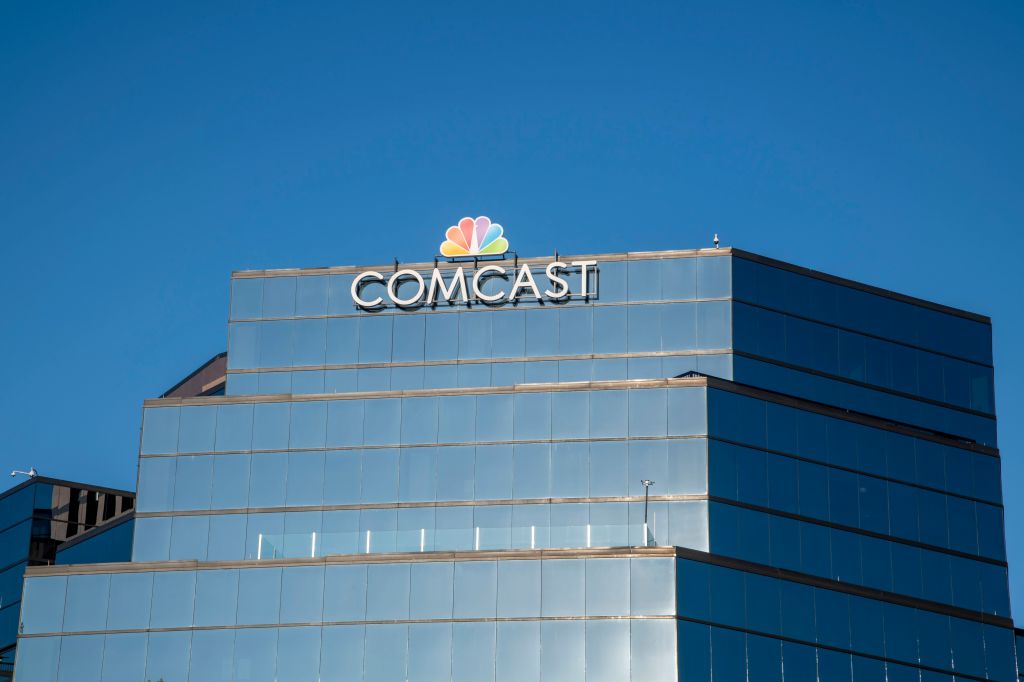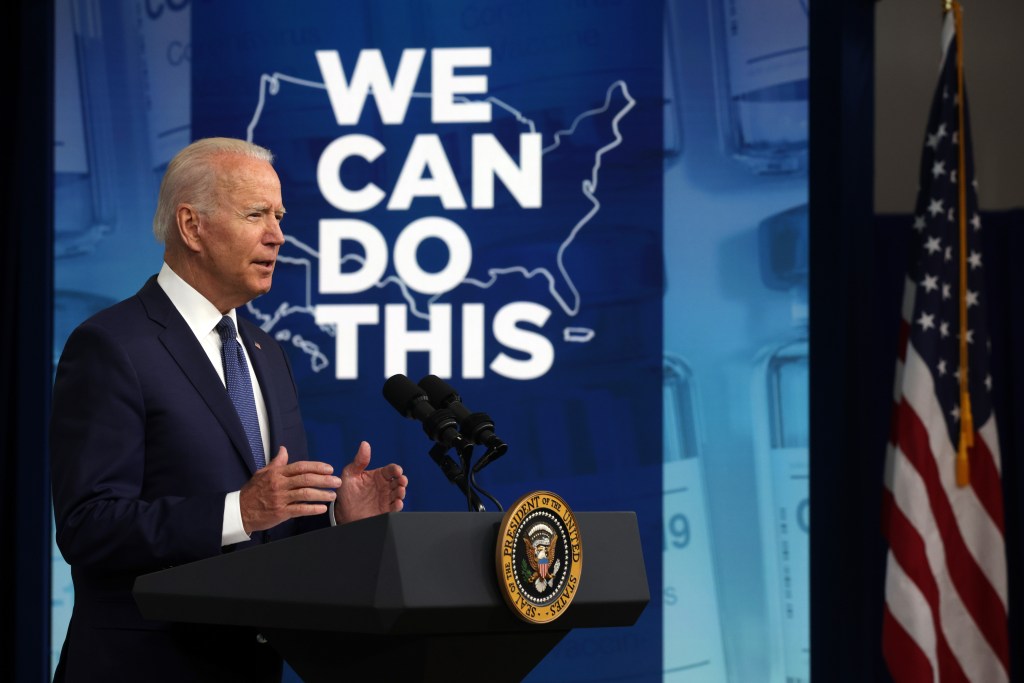His trademark grin. The giant, oversized coffee mug. The time he ignored the public, killed net neutrality at the request of telecom lobbyists, then gleefully danced with a pizzagater thinking it made him look good. But with a Joe Biden win, Pai’s controversial tenure as head of the Federal Communications Commission (FCC) will soon be coming to an end.
Traditionally, the party in control of the Presidency enjoys a 3-2 majority over the FCC and the top chairman spot. With a Biden win, the FCC majority reverts to Democratic control next January. As such, Pai will lose his top spot at the FCC, and experts say he’s likely to leave the agency altogether.
Videos by VICE
Pai’s tenure was a minefield of controversy. In no small part due to Pai’s repeal of net neutrality, which not only eliminated rules preventing ISPs from behaving anti-competitively, but much of the FCC’s authority to police widely-disliked telecom monopolies at all.
Instead, that responsibility fell to the FTC, an agency experts say lacks the authority or resources to hold telecom giants accountable (the entire point of the telecom industry gambit).
Pai repeatedly and falsely claimed that net neutrality had stifled sector innovation, job growth, and U.S. broadband investment. He then repeatedly claimed that repealing the rules would drive a massive investment in new broadband networks. But earnings reports, independent research and CEO statements alike made it clear that never actually happened.
Pai also actively blocked law enforcement inquiries into the use of fake and dead people used to create the illusion of broad support during the FCC comment proceeding — efforts later linked to the broadband industry and Trump allies such as Roger Stone. In reality, a large bipartisan majority of Americans supported the rules and opposed the repeal.
Meanwhile, the jostling to determine the makeup of the new Biden FCC has begun in earnest.
In recent months, Trump has attempted to use the FCC to target social media giants the administration has falsely claimed are engaged in rampant censorship of Conservatives. To do so, he’s demanded that the FCC take aim at Section 230 of the Communications Decency Act.
But a parade of experts have warned the FCC lacks the authority to regulate social media giants, and eroding the law would be a disaster resulting in social media giants censoring more content than ever. When Republican FCC Commissioner Mike O’Rielly politely pointed this out at a speech last summer, he was effectively fired by the Trump administration.
Trumpland has subsequently rushed to replace O’Rielly with Trump ally Nathan Simington, who will be the subject of a Congressional confirmation hearing in DC this week.
“This guy is even worse than Ajit Pai,” activist group Fight For the Future said of the nomination. “His only qualifications are his steadfast loyalty to an outgoing wannabe tyrant and his undying love for convoluted attacks on Internet freedom.”
Simington helped write the Trump administration’s executive order targeting Section 230, and has been supported by many of the same telecom companies that paid top dollar to neuter net neutrality, the group complained.
But several sources familiar with the process tell Motherboard that while Simington’s hearing will proceed, he’s unlikely to get a confirmation vote. Instead, sources suggest the GOP hopes to next year give O’Rielly’s spot to Crystal Tully, currently the Deputy Staff Director at the United States Senate Committee on Commerce, Science & Transportation.
With only two Republican seats on a Democratically-controlled FCC, that means either Ajit Pai or fierce Trump loyalist Brendan Carr could be headed for the exit. Matt Wood, General Counsel of consumer group Free Press, told Motherboard that Pai likely isn’t keen to stick around to watch his work on behalf of the telecom sector get reversed.
“I think the race for those two seats is still very much up in the air,” Wood said. “The only thing that would surprise me is Chairman Pai sticking around to occupy one of them by taking a demotion back down to the commissioner level. Chairs almost always resign once their party loses power, and Pai has already been there as a commissioner and chairman now for more than eight years.”
With a 3-2 majority the Biden FCC is widely expected to restore both net neutrality and the FCC’s authority to hold giant ISPs accountable. A Biden FCC is also likely to reverse Pai’s repeated attacks on media consolidation rules that have slowly allowed giants like Sinclair Broadcasting to dominate the local news ecosystem to the detriment of local journalism.
A Biden FCC is also expected to reverse many of Pai’s attacks on programs designed to bring broadband to low-income households, and to take a far more active role in protecting consumers from problematic monopoly behavior during the Covid crisis.
Pai, meanwhile, is likely to move on to post-FCC political ambitions, hopeful that Millennial voters don’t have a long memory.




